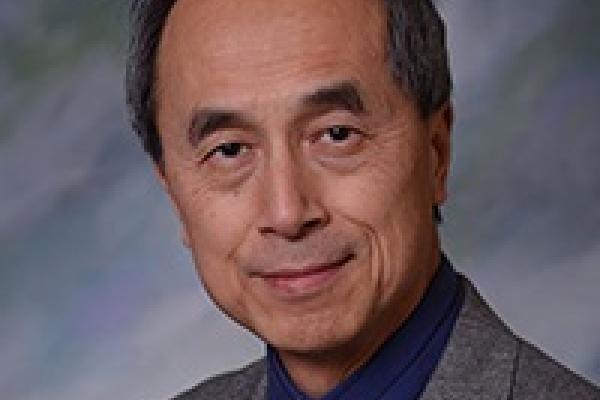
The Institute for Chinese Studies presents the "China in Transition" Lecture Series with:
Bin Yu (于 滨)
Professor
Department of Political Science
Wittenberg University
Flyer: ![]() Yu Bin Flyer.pdf
Yu Bin Flyer.pdf
Abstract: From the campaign trail to the White House, Trump’s “Russia-kissing-and-China-kicking” rhetoric and actions have injected fresh impetus into the US-Russia-China triangle. To what extent does this brave new geo-politicking—Trump style—reflect his own preferences and/or those of his foreign policy team (Lynn, Navarro)? Is there a “civilizational” factor in these very asymmetrical perceptions and policy propensities toward the two large Eurasian powers by the Trump administration and beyond? This is an attempt to examine the “civilizational factor” as part of the ideational constructs in America’s international relations (IR) and area studies (AS), and how they relate to policy making. A preliminary finding is that the once ubiquitous “civilizational,” or racial, origins in IR and AS—though they have largely disappeared from the contemporary intellectual discourse—continue to be part of the ideational matrix for both scholarly and policy worlds, albeit in a latent and unconscious mode.
Bio: Bin Yu received his PhD in Political Science from Stanford (1991). He is now Professor of Political Science and East Asian Studies at Wittenberg University and senior fellow at both the Shanghai Association of American Studies and at the Russian Studies Center of the East China Normal University in Shanghai. He is the author and co-author of six books and more than 140 book chapters and articles in journals including World Politics, Strategic Review, China and Eurasia Forum Quarterly, Asia Policy, Asian Survey, International Journal of Korean Studies, Journal of Chinese Political Science, Harvard International Review, etc.
This event made possible in part by the National East Asian Languages Resource Center and by a U.S. Department of Education Title VI grant to The Ohio State University East Asian Studies Center. It is free and open to the public.
